From Lad to Dad: A Story of Male Body Insecurity
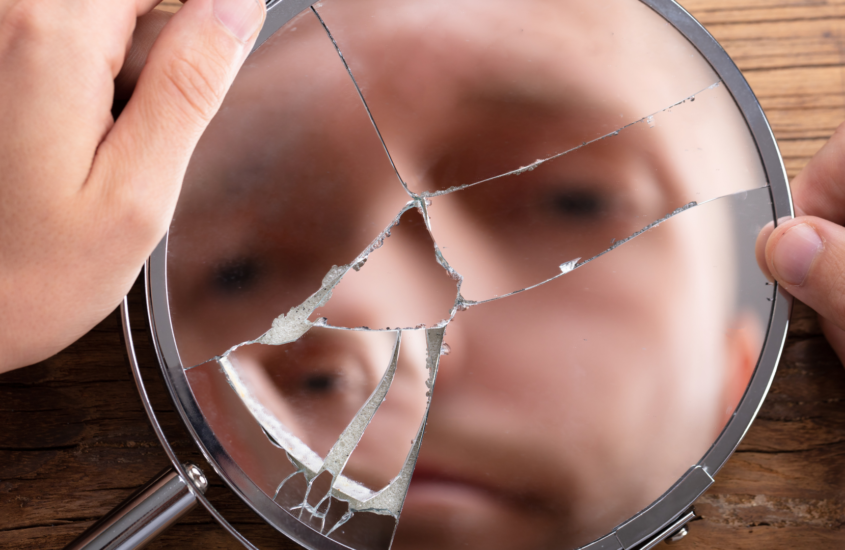
I have never liked my body. There, I said it.
I look at myself and I don’t see a trim body shape, that is well within a healthy BMI. Instead I see an untoned, pale and scrawny frame, with a few podgey bits due to a lack of exercise and a love of sweet treats.
Since my time at school, low self esteem has been a quiet personal battle. Comments on my looks as an adolescent left ripples of self-doubt throughout my adult life. This made it difficult for me to show my body, meaning that beach holidays, changing rooms and even swimming with my son have become almost impossible.
It isn’t much better with clothes on. My anxiety bleeds into criticising how clothes fit my shape and how they fall on me, resulting in me hating all the clothes I own. This level of self-doubt means that shopping for clothes can be a difficult and stressful endeavour.
Why not eat better and get fitter I hear you ask?
Those are things I have tried and failed at a few times. Normally because I feel as though I am not doing something right, or I look stupid, or don’t see results straight away. Then I feel a failure and quit, followed by a ‘bugger it’ moment, where I eat whatever I want in an obscure act of self rebellion. Therefore I end up demotivated, demoralised and deconstructed into tiny broken pieces and lower in confidence than before.
Why do I even care? I ponder what drives me to attain something else and dislike my current appearance. Yes, my past experiences contribute, but there must be more to it.
My feelings have a lot to do with comparing myself to others. Peers, celebrities, Instagram randoms, pictures in the media – they all play their part in presenting an image of what an ‘ideal’ male body should be. Not just this, but media and social media body shaming promote an entirely unrealistic picture of the average man and comment negatively on most untoned bodies.
That’s not to say that alternative body shapes aren’t given attention. The recent trend of ‘Dad Bods’ has shown the world that there are a variety of sizes. With celebrity faces like Leonardo Di Caprio and Jason Segal at the forefront of this craze, it was interesting to see a flip in what is viewed as popular and attractive.
However, as quickly as the craze appeared, it was dismissed. From articles on male fitness websites on how to avoid a ‘Dad Bod’, to Olympic swimmers being shamed for sporting the frame. It still appears that alternative shapes aren’t as consistently accepted as the so called ‘ideal’.
What does this mean then for our children, our future generations?
I look at my son as he runs around in just his pants and I can’t help but admire his complete lack of embarrassment or self conciousness. He is body confidence personified. No fear, no shame, no doubt – he just is.
It makes me wonder how simple life would be, living as a 3 year old – without pressure, judgement and anxiety based on looks.
However, I know this state of ignorant bliss won’t last forever. It won’t be long before he has to tackle a comment from someone, that could be negative or insulting. Therefore it will be my job to provide support and aid in building his confidence.
But how can I do that, when my own is so hit and miss? What advice could I possibly give when I don’t listen to myself?
A recent study by Credos, of more than 1,000 8-18 year old boys, brought this subject home for me. It revealed that 23% believed there was a ‘perfect male body’ and 55% would consider a change in diet to achieve looking better.
Most worrying was that 56% struggled to talk to teachers and 29% to parents, when it came to addressing how they felt. The report highlighted that “… boys are more likely to laugh off ctiticism or make a joke as a cover, instead of acknowledging an issue or seeking advice.” So, if children aren’t sharing their issues and feelings, how is this affecting their ongoing mental health?
From personal experience, bottling up feelings of inadequacy can be detrimental in the long term and can lead to further anxiety.
Therefore, I want to make positive changes in my life. I am my son’s closest and most consistent male role model. I have a responsibility to improve my own self confidence, in order to provide a positive example and enable him to feel comfortable in his own skin.
Just as importantly, it is my job to ensure he understands the benefits of open conversation. As the old saying goes, “a problem shared is a problem halved”, and I couldn’t agree more. If my battle with The Black Chihuahua has taught me anything, it’s that a support network is key.
With that being said, I hope that more men open up about their body hang-ups. It shouldn’t be something to hide, to be embarrassed by. It isn’t something that only affects one gender over another, anxiety isn’t sexist.
This is my call to all men – the dads, the brothers, the uncles, the grandfathers and everyone in between. If you struggle with low body confidence, you are not alone. Don’t be afraid to share your insecurities, because they are more important than you might think.
The children of today look to us to make sense of themselves, they need us to guide them through the forest of media and social media imagery and show that a ‘normal’ body is different from individual to individual.
So, let’s work together and be the men that our children aspire to become. An everyday man, unwavered by peer or social pressure to look ‘perfect’.
Happiness needs to be the new ideal.

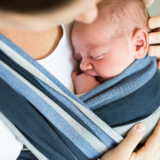
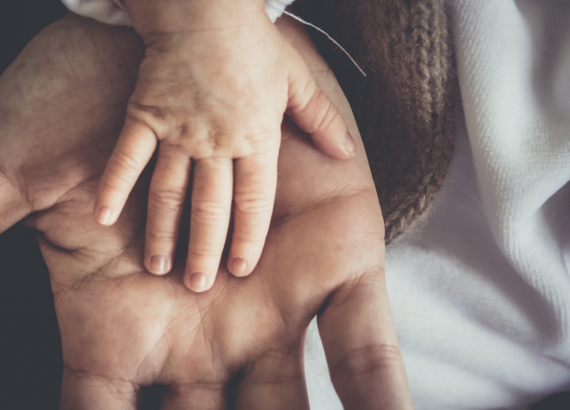
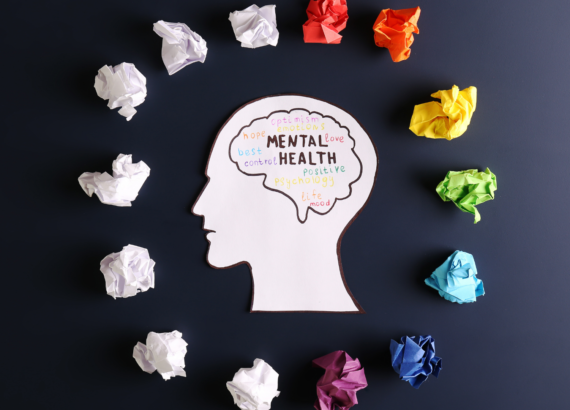
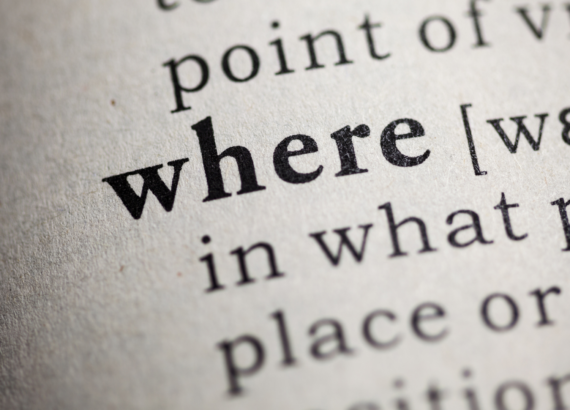
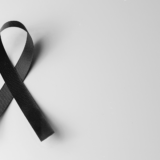

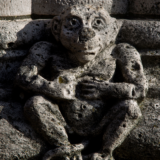
katiereablog
As a woman I absolutely love this post. I find that issues that men have about their body, mental health and general issues aren’t addressed often enough. I am following your blog as I am sure that your posts are able to inspire me further.
Lauren Fortenberry
Thank you for highlighting here what I have suspected for years – men face incredible pressure, too, when it comes to their physical appearance. Aren’t kids amazing reminders of what is most important? 🙂